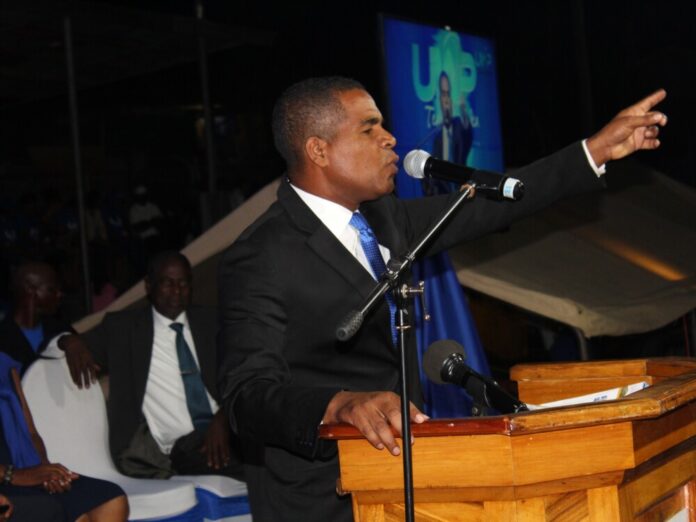
By Joshua Francis
The response of the opposition leader of the Commonwealth of Dominica, Lennox Linton with respect to the striking out of ten election petitions (2019) by the United Workers Party (UWP) has stirred unease amongst certain sections of our society.
The OECS bar supported by the Dominica bar has issued and published a statement condemning the said response of Mr. Linton.
The sum of the alleged views of the bar is that Mr. Linton has gone too far in his criticism of the subject Judge based on the Judge’s decisions to strike out the petitions.
The question is whether we are inhibited from criticism of the judiciary.
As a public statement issued by Mr. Linton to express “dismay” over the said judgment, “Justice is not a cloistered virtue … She must be allowed to suffer the scrutiny and respectful examination, even though outspoken statements by ordinary men.” Moreover, “A silenced population cannot lead to a strong court.”
Nonetheless, in striking a balance between free speech and public interest in a democracy, the judiciary can come to view expressions and acts as ‘perceived contempt’ sometimes as a safety valve akin to dissent against governments.
In our Westminster model, we are educated to accept that Judges are presumed to be independent and impartial, free from political interference and influence.
Nonetheless, we must not be fearful to share our views about a judgment, a judge, and/or the judiciary. But we must be respectful and measured in our utterances.
Mr. Linton and any other Dominican is free to express dissent or support to any judgment according to the Commonwealth of Dominica constitution clause of “free expression”, subject to limitations to avoid contempt of court, defamation, libel, and any other legal injury.
Editors note
Joshua Francis is an Attorney at Law, economist, former school teacher, and also former Member of the Dominica Parliament. He is also a former deputy leader of the opposition United Workers Party (UWP).


This article says nothing. I am very disappointed in Mr. Joshua Francis. Mr. Francis should be honest enough to criticize Mr. Linton for his vile and unprovoked attack on the judge. MrLinton attacked the fabric of the Judiciary by saying that the judge was doing a political hatchet job and this is the response of Joshua. Shame on you Mr. Francis. You love to speak about God but this article has exposed you as a hypocrite
Mr. Francis’ statement is balanced and well judged. Often it is not what one say but how one says it. All branches of governance, whether in power or in Opposition, must be keen to preserve the high repute of the judiciary as a matter of importance to the well-being of the community.
But ofcourse that is a two-way process. The business of upholding the dignity and the integrity of the law begins mostly with those who are charged with operating its various institutions and instruments, principally judges, since as the old saying goes, justice must not just be done but must be seen to be done and this requires not just the independence of the judiciary in fact but in appearance also. Unfortunately, much public disquiet has been allowed to simmer on just this point as far as the OECS court is concerned.
That is where things stand at the moment and it is up to the OECS Supreme Court to satisfy the public, that the state has no special privilege when it appears as a litigant before it and is treated the same as everyone else.